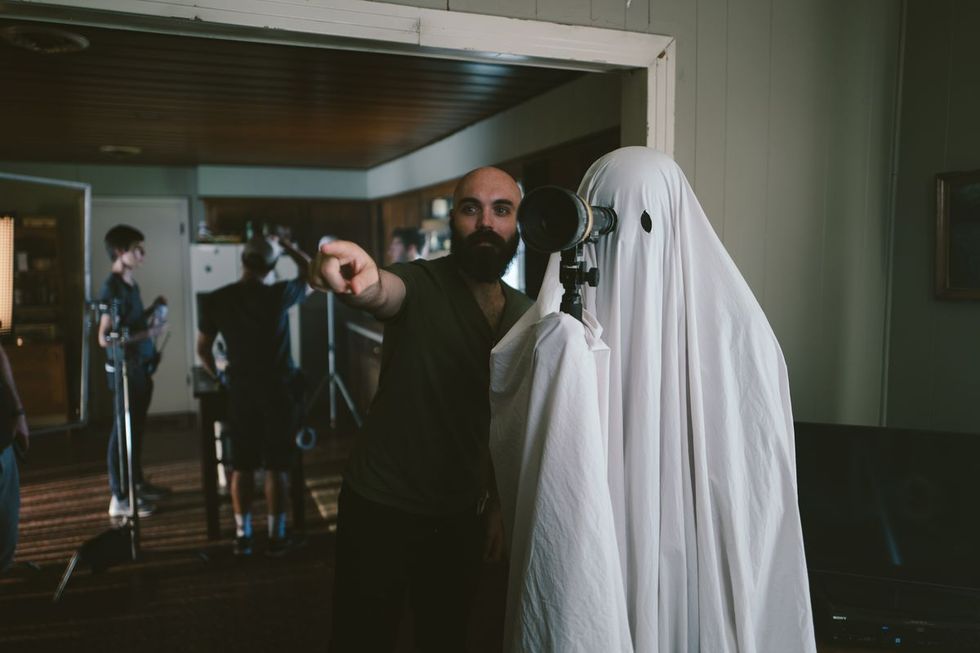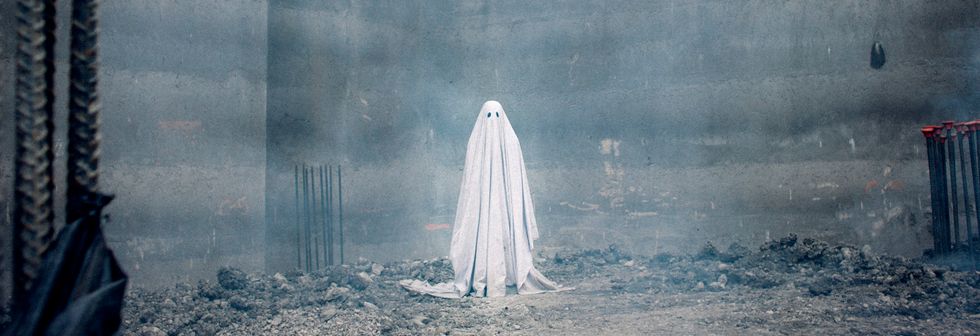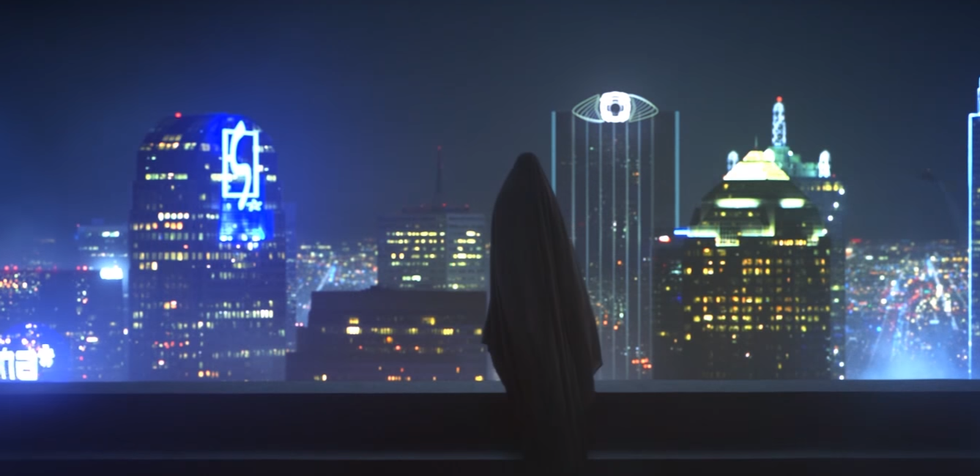I recently watched David Lowery's movie, A Ghost Story, featuring Casey Affleck and Rooney Mara. A Ghost Story is a supernatural drama film, but it's so unusual and different that I'm really unsure what sort of movie it really is. It was first shown at the Sundance Film Festival and only released later in a handful of theatres. Lowery has worked on productions like Pete's Dragon and Hunt for the Wilderpeople, but A Ghost Story is a very personal and intimate piece, both for the audience and for Lowery. As the writer and director, Lowery drew largely from his personal life for his themes and his characters.
There is very little dialogue in the film as a whole, but most of it happens in 5 minutes when a young man talks about time and the futility and meaning of life. "Your children will die, and their children will die, and so on and so forth until the mountains fall and there's only a few of us left... There's nothing different between Beethoven writing his 9th symphony for his God and digging a hole in the ground for a fence post... But someday, when what's left of us has made it for the high ground, someone will hum a melody from a distant memory, and that little melody--how it's survived for generations and through disaster after disaster--will give those people something to hope for, something to hold onto besides all their fear and hatred." Lowery's personal existential crisis is reflected in these words, and he packs a lot into those few minutes. Lowery also uses a great deal of music throughout the film, which I think is also important because of how music is related to our memory. The music sets the aesthetic for the entire film--even the ghost is a dead musician. Between the music and the brief but furious expose about life, a kind of thesis is formed for for the film.
A Ghost Story is a slow, deliberate, ethereal exploration of love, loss, and memory. After he dies, a man reawakens as a ghost made out of a sheet. The ghost travels back to his home, where he remains for the entire movie. At first, the ghost helplessly watches his wife as she learns to live without him. Eventually she leaves--but not before she shoves a scrap of paper through a crack in the wall--and the ghost watches as new people move in and out of his home. We never know where we are in time, or how much time has passed--every swirl of the bed sheet brings the audience a new scene from the minutia of ordinary lives, and a new attempt to get the scrap of paper out from the crack. In the end, we find ourselves in a time loop with the ghost as he watches himself move into the house with his wife, and how their relationship unfolds in their home. Finally, the ghost leaves when he extracts the wife's note from the wall. We never know what she wrote, but as soon as the ghost reads the note, he vanishes, free at last.
I think that one reason why A Ghost Story has received such critical acclaim is because it accomplishes what it's meant to accomplish. A Ghost Story is a movie that demands your attention. Not because it's packed with action or dialogue--quite the opposite, in fact--but because every second feels heavy and important. and if you miss a second, you feel like you're missing a piece of the meaning. Lowery makes you pay attention, and he makes you puzzle and think as you lie awake in bed at night. You puzzle about relationships, about what set the ghost free, about why one of the corporate buildings looks so much like the eye of Sauron, and you find your notions of time and death and place challenged by a simple, silent ghost.
A Ghost Story is a haunting film in its beauty and depth, and the hundreds of thousands of words in the English language can't do it much justice. Film is one of the most powerful mediums as both a visual and auditory experience, and A Ghost Story is a film well worth watching.






















